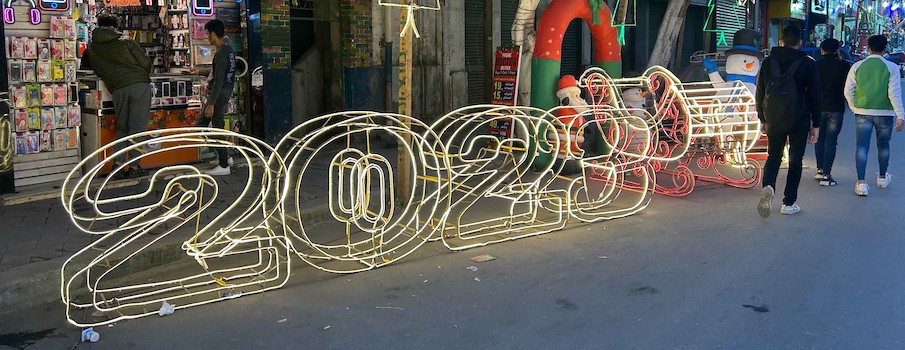After an eventful year, TIMEP is gearing up for 2023, and ready to take on the MENA region’s most important issues and challenges. To this effect, we asked our team what they believe the policy world should focus on in 2023 based on their field of work.
Muhsen AlMustafa
The use of mercenaries around the world has been increasing steadily in the last few years. Syria was a major starting point for; since then, mercenaries have also fought in Libya, the Azerbaijan-Armenia war, and in various African countries, and finally in the Russian invasion of Ukraine.
Dictatorial regimes such as the one in Syria constitute a threat to global peace and security. They create and worsen political, social, and economic crises on the ground, rendering their own people vulnerable to forced displacement, extreme poverty, and recruitment by mercenary groups and militias which take advantage of their desperation. The Syrian regime blames the international community for every crisis it faces while it weathers an ongoing self-inflicted economic and refugee crisis. The year 2023 will be a difficult year for Syrians economically, while the regime tries to normalize its diplomatic relations with the international community.
The international community and the United Nations must reconsider the way they address crises emanating from countries such as Syria and take stricter measures to reduce the side effects of wars as well as regional and local conflicts.
Muhsen AlMustafa is a Nonresident Fellow at TIMEP focusing on security, military, and governance in Syria.
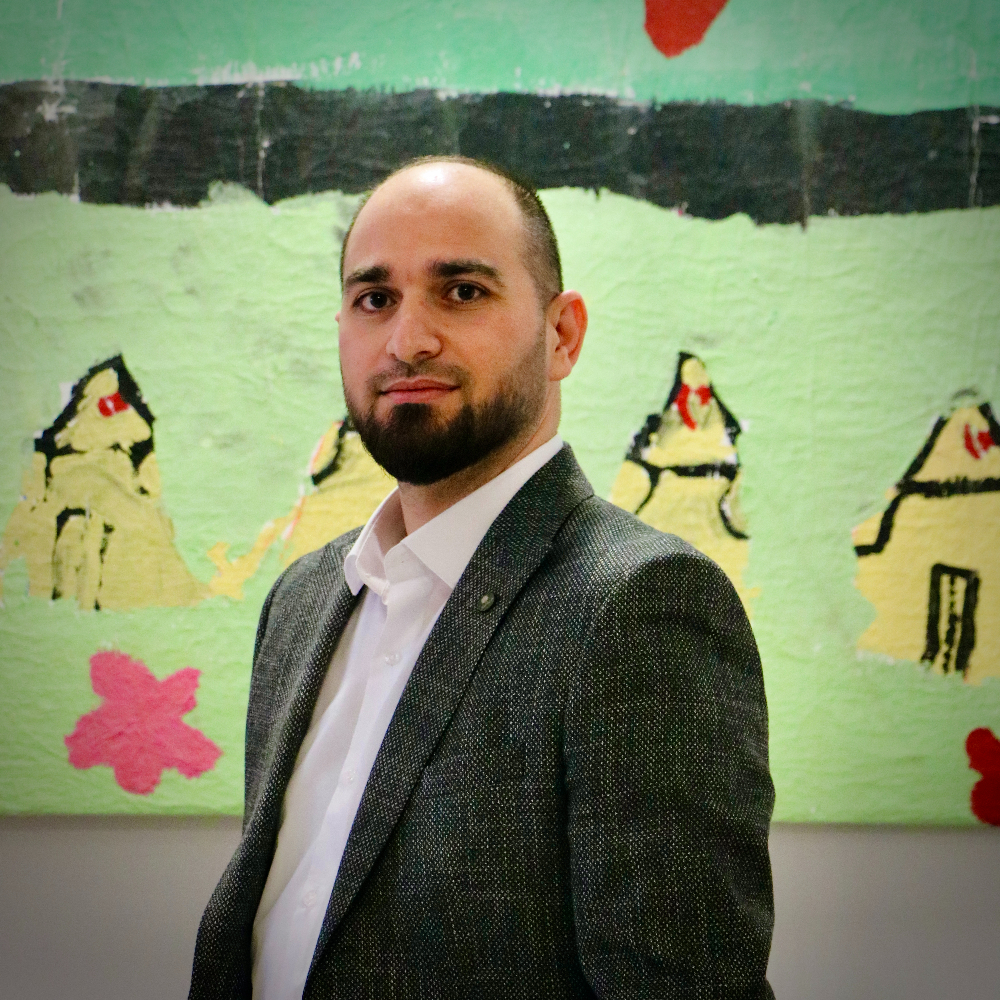
Malak Altaeb
Food security has been one of the top challenges in countries in North Africa—specifically in Tunisia, Egypt, and Libya—and it has been made worse after Russia’s war on Ukraine. In 2023, governments in North Africa will be primarily concerned with formulating their agricultural production policies and rethinking their countries’ green strategies by addressing the challenges caused by climate change. These include drought and water scarcity, which will need both quick and long-term treatments.
In addition, governments must tackle and reduce their dependence on foreign imports—especially food imports. This can be done by developing clear policies to reduce their dependence and by supporting local farmers and producers to have consistent production. Strengthening the agricultural sector must be a top priority for North African countries for financial revenues and stability.
Economic policies to stabilize food prices are vital as well. It is central to support agricultural projects and develop innovative financial mechanisms to support the development of agricultural projects—current or new—to ensure food security in the region.
Malak Altaeb is a Nonresident Fellow at TIMEP focusing on food security in North Africa.
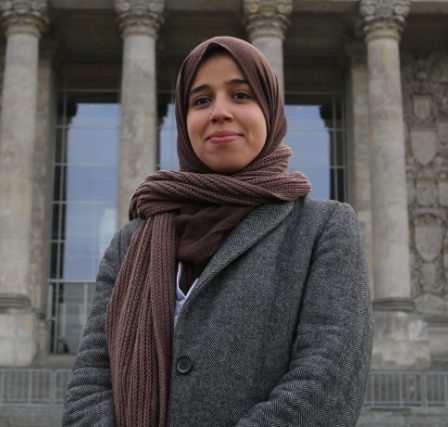
Aymen Bessalah
The political and economic crises are deepening in Tunisia. The record low turnout for the first round of the parliamentary elections in December 2022 points toward a wider schism between citizens and political elites across the spectrum and their political divides. This does not weaken President Kais Saied’s legitimacy only.
The second round of legislative elections is set to be held in February 2023, and elements indicate that local and regional elections will also be held prior to setting up the second chamber of the legislature. Opposition against Saied remains divided and there is yet to be any potential breakthrough out of this deadlock. How opposition agendas develop, and what potential political role the renewal of the 2013 National Dialogue initiative, led by the Tunisian General Labor Union (UGTT), the Bar Association, and the Tunisian League of Human Rights, will play will influence the way forward. Potential rifts within President Saied’s circle as the situation grows untenable might also come into play.
In addition, UGTT and many other organizations are set to clash with the government on the 2023 finance law and the prerequisites ahead of the IMF deal review, which is also a point of discord between Saied and his government. Initially scheduled for December, the IMF delayed the review of this loan as it seems negotiations reached a dead end. Tunisia’s economy will face turbulent water in 2023 and with or without the deal, socioeconomic and living conditions will continue to deteriorate amid repeated shortages and distribution issues in several goods. Tunisia is gearing up for a very difficult year.
Aymen Bessalah is a Nonresident Fellow at TIMEP focusing on governance and the rule of law in Tunisia.
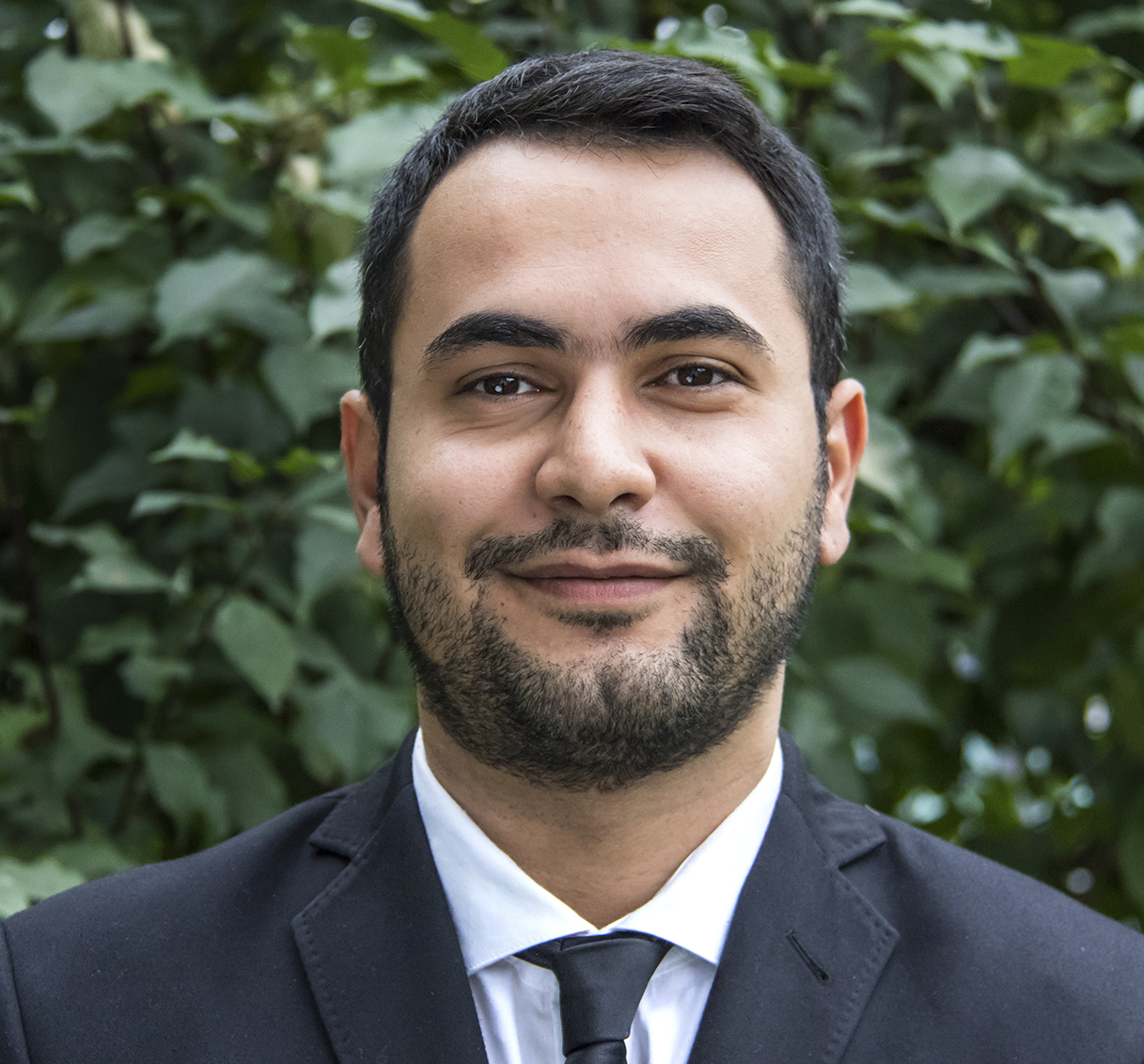
Hussein Cheaito
More than three years into crisis, Lebanon has not yet seen palpable policies to relieve society from what amounts to a lifetime of loss. In 2023, the country is expected to hold and conclude presidential and municipal elections, both of which are crucial to place the country on a sustainable path toward inclusive economic development. The country will continue to face gridlock so long as its elected oligarchs and their cronies, who engendered the politico-financial crisis, continue to stall recovery in return for political and financial gain.
The international community’s role in Lebanon’s future is crucial. It has been more than nine months since the IMF passed a staff-level agreement with Lebanon, worth $3 billion, pending crucial reforms. The agreement’s ambiguous conditionality—focused on privatization and broad legal and economic reforms—has enabled the country’s sectarian leadership to push for extractive policies to shield itself from incurring any real losses, while most of society is pushed into the trenches of vulnerability and destitution.
Deepened inequality has not spared any vulnerable group. But one social segment often erased from financial crisis discourse in Lebanon is the LGBTQ+ community. From labor market discrimination to restricted access to healthcare, education and housing, queer and trans persons are paying the heavy cost of exclusionary economic planning and mainstream LGBT activism rooted in rainbow capitalism. Choosing to ignore the queer community will give rise to far-reaching social and economic consequences that will surely spill over to the rest of society.
Hussein Cheaito is a Nonresident Fellow at TIMEP focusing on governance and economic development in Lebanon.
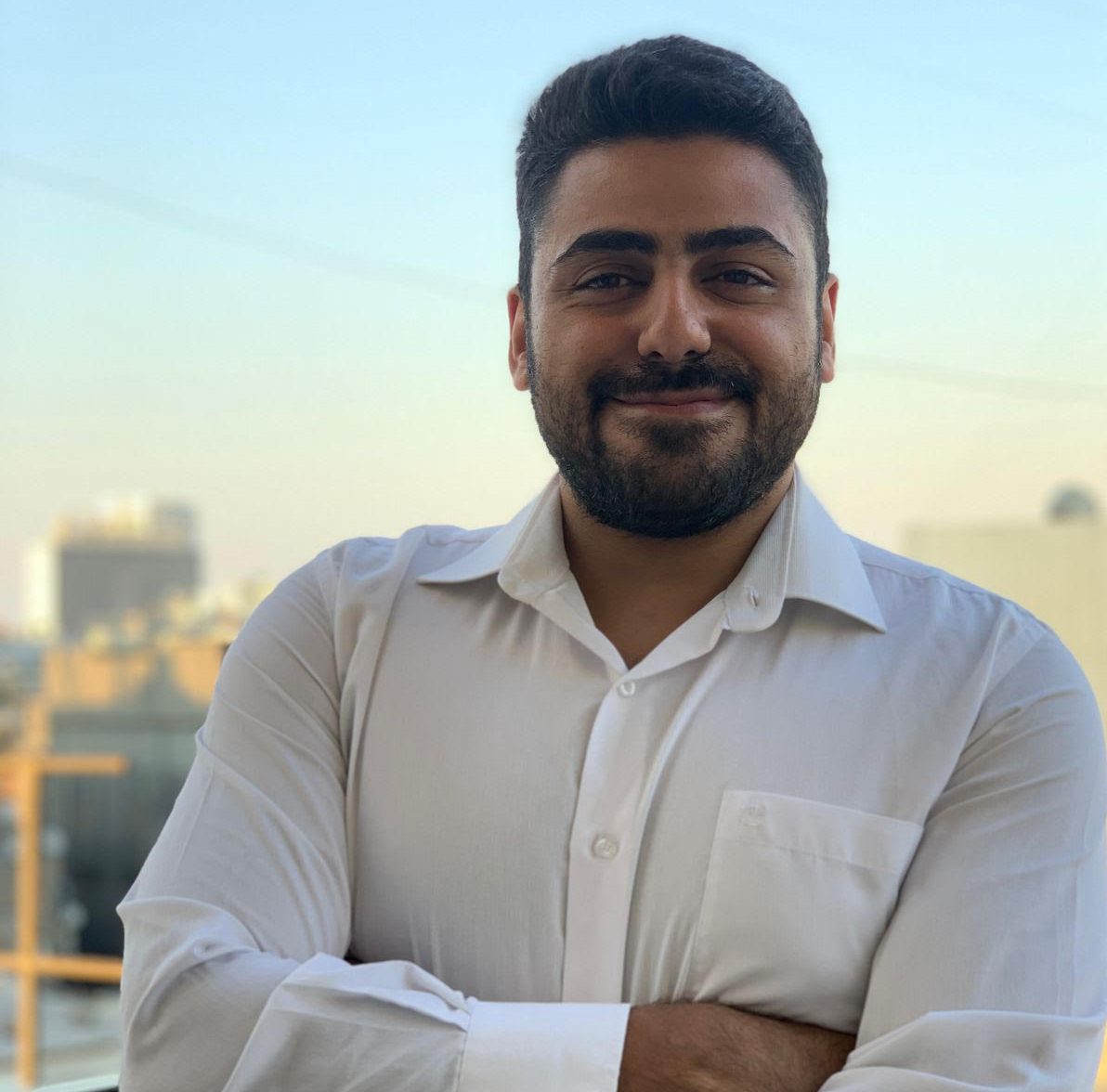
Achref Chibani
In 2023, environmental and climate issues will again be at the top of the policy agenda in the Middle East and North Africa. COP28 in Dubai and the rapid growth in the renewables sector in Egypt and North Africa point to the growing power of MENA states within global climate politics.
It is likely that in 2023 we will see continued tensions between MENA states’ green transitions and the multiple interlocking crises of the war in Ukraine, supply chain issues, food shortages, and the aftereffects of COVID-19. This will be particularly felt in states such as Tunisia and Lebanon that are set to renegotiate their IMF loan conditions.
Water politics will also likely have an increasing impact across the region. As climate change vulnerabilities deepen, water shortages will lead to a difficult balancing act between domestic, industrial, and agricultural water use. In turn, transboundary water disputes are increasingly likely especially for states such as Egypt, Jordan, and Palestine.
To end on a note of hope, there are signs that climate change policy will increasingly favor the Global South. The “loss and damage” fund agreement at COP27 points to the growing negotiating power of the Global South and in 2023, we will continue to see debates over how finance, technology, and climate change reparations might move forward.
Achref Chibani is a Nonresident Fellow at TIMEP focusing on climate change in the Middle East and North Africa region.

Mai El-Sadany
For decades, human rights violations and corruption in the MENA region have occurred with impunity. Yet in the last few years, advocates inside the region and in exile have organized creatively to pursue justice. They have done so through strategic lawyering at home, and they have leveraged UN and regional human rights systems, foreign courts, and non-court justice abroad. Over the last year alone, we’ve seen brilliant organizing by Syrian families, survivors, and lawyers who have reinvigorated the concept of universal jurisdiction and leveraged courts in Europe to litigate crimes committed in Syria; we’ve seen them mobilize to mainstream their vision for an independent mechanism to uncover the fate of the detained and disappeared. We’ve seen advocates use the principle of corporate responsibility and the theory of strict liability to bring the Beirut Port explosion to U.S. court. And we’ve seen targeted human rights sanctions levied against the Sudan Central Reserve Police following their use of excessive force against peaceful protesters.
In 2023, MENA advocates will continue to exchange lessons and collaborate in their pursuit of justice, and in turn, the pathways to accountability will be experimented with, adapted, strengthened, and expanded. I hope that policymakers and decision makers will catch up. I hope that they will take action to support these movements and pass legislation to expand these pathways, and I hope that they will realize just how existential a sense of justice is to the stability that they crave in the region.
Mai El-Sadany is the Managing Director and Legal and Judicial Director at TIMEP.

Samia Errazzouki
The ongoing crackdown on press freedom in the Maghreb will remain a key issue in 2023. Over the past several years, authorities in Algeria, Morocco, and Tunisia have deployed a number of tactics targeting both local and foreign journalists. Those tactics include, but are not limited to, surveillance, prosecution under vaguely worded laws, deportation, and Sisyphean bureaucratic hurdles.
In Algeria, local journalists have been summoned and investigated for comments on social media while foreign journalists are routinely denied access. In Tunisia, authorities have harassed and intimidated journalists for their reporting on the ongoing authoritarian regression under the leadership of President Kais Saied, especially amid concerns over further restrictions promulgated in the new constitution. In Morocco, journalists have faced charges of a moral nature and sentenced in flawed trials while authorities have targeted exiled Moroccan and foreign journalists abroad with spyware on their devices. Toward the end of 2022, Algeria, Morocco, and Tunisia all faced their Universal Periodic Review (UPR), during which a number of countries placed a spotlight on their human rights records, including their treatment of journalists. 2023 is the year that governments of the Maghreb will have an opportunity to demonstrate how serious they are about improving the situation of press freedom when they officially respond to the UPR recommendations.
Samia Errazzouki is a Nonresident Fellow at TIMEP focusing on press freedom in North Africa, with a special emphasis on the situation of women journalists.
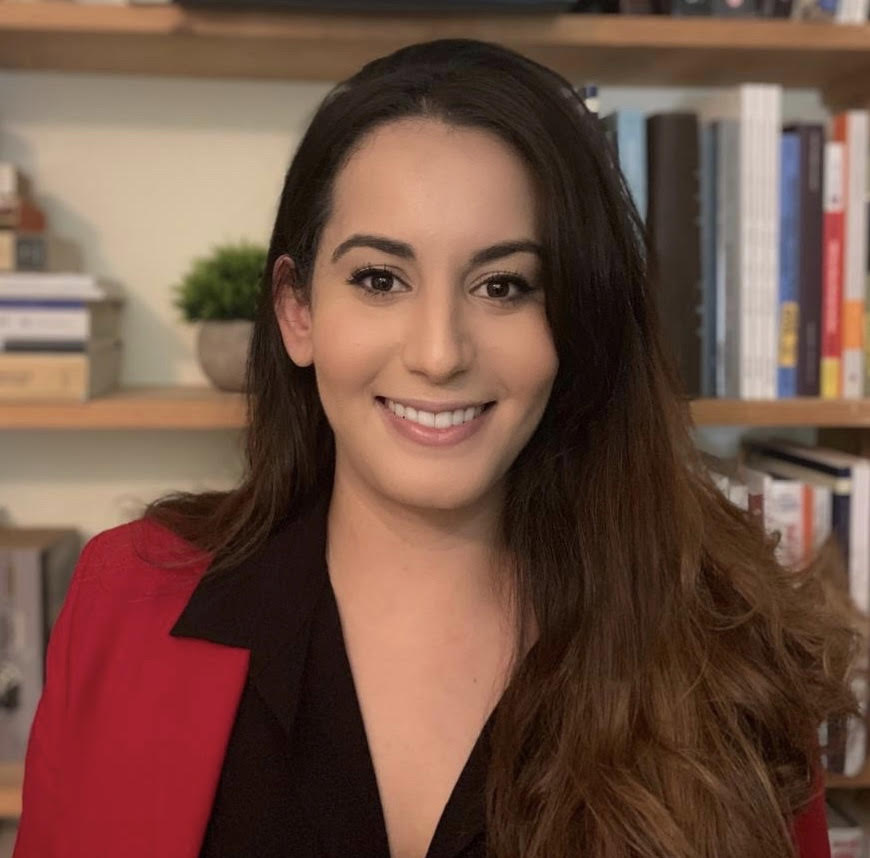
Timothy E. Kaldas
Many of the structural factors that led to the overthrow of several dictators in 2011 remain in place or have worsened throughout the region. A looming global recession will only exacerbate these realities in 2023, and the growing rapprochement between the region’s leaders may primarily lead to greater coordination in repression rather than cooperation that benefits their populations should regimes continue to sense they’re under threat.
The harmful counterrevolutionary measures taken by autocrats to prevent another 2011 have already led to violence and repression which have driven displacement and rising levels of poverty in many countries. If anything, these trends will accelerate while Western states will continue to pursue a shortsighted strategy of financing an increasingly fragile ‘authoritarian stability’ model.
However, even with external financing, the impact of graft, waste, and mismanagement cannot be adequately mitigated. In Egypt, despite a fourth IMF loan, credit agencies downgrade their outlook, capital markets balk at returning, and the private sector’s six-year contraction continues. The public, weary after six years of austerity, inflation, and job losses, is increasingly vocal in its frustrations with rulers who demand more sacrifices while they visibly enrich themselves; spending lavishly and recklessly on vanity projects contracted out to regime owned enterprises without any competition. Formerly uncritical regime surrogates, from parliamentarians, to regime-controlled media, to ‘loyal opposition’ figures are voicing criticism against President Sisi; one member of the state-controlled National Human Rights Council issued an extraordinary public statement thanking President Sisi for his service before concluding that he ‘expects’ the president will leave office at the conclusion of his current term in 2024 and not seek reelection.
Timothy E. Kaldas is a Policy Fellow at TIMEP. He researches transitional politics in Egypt, regime survival strategies, and Egyptian political economy and foreign policy.

Hamid Khalafallah
Sudan enters 2023 with wide hopes and deep suspicions associated with the framework political agreement that was signed in December 2022 between key civilian political actors and the de facto military leaders. Despite being signed by numerous political actors, the agreement does not have enough popular support and does not include the most crucial actors on the ground: the resistance committees. However, the agreement provides a promising opportunity to unravel the political impasse that Sudan has been living in since the October 2021 coup. Thus, it is crucial to push for more meaningful inclusion of all pro-democracy actors, particularly the resistance committees, in the upcoming political process. This will also require serious commitment from the agreement’s signatories to transparency and openness.
Furthermore, to ensure the stability and legitimacy of Sudan’s prospective democratic transition, it is vital to accelerate the efforts around building democratic and legitimate institutions that are truly representative of their constituencies. This particularly applies to resistance committees and trade unions. It will ensure that citizens have credible mechanisms for voicing their opinions and participating in political processes. It is high time to learn the lessons from Sudan’s previous transition to avoid jeopardizing the forthcoming political process and the following transitional period.
Hamid Khalafallah is a Nonresident Fellow at TIMEP focusing on inclusive governance and mobilization in Sudan.
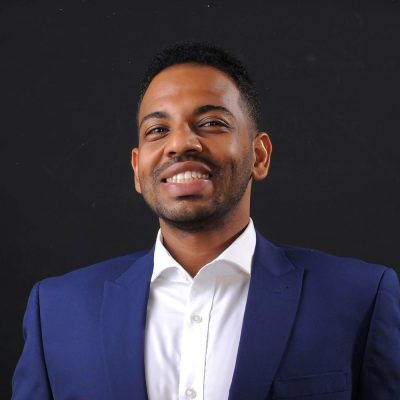
Rima Sghaier
In 2023, citizens in countries across the MENA region will continue to face the aftermath of the COVID-19 pandemic and some of the worst socioeconomic crises. There is a rising risk of governments seizing surveillance tech and data used during the pandemic and exploiting hate speech and fake news laws as well as “states of emergency” to crack down on free speech and dissent—both online and offline.
Local digital rights organizations and advocates should consolidate their resiliency amid the increasingly shrinking space for rights and civic organizing and engage in building resistance communities based on a feminist framework for digital justice to create cross-cutting and accessible knowledge that aims to engage and benefit citizens in the digital age. As the capacities and techniques behind digital rights violations by both governments and surveillance capitalism and big tech companies continue to rapidly change, internet freedom work should not exist in silo from other human rights. Social justice initiatives and those working on digital rights issues in the region should also be part of wider multidisciplinary groups which include legal, policy, tech, and sociological expertise (among many) to collaborate on creating holistic solutions and approaches to face those violations in a timely and efficient way.
Rima Sghaier is a Nonresident Fellow at TIMEP focusing on power and technology in the Middle East and North Africa region.
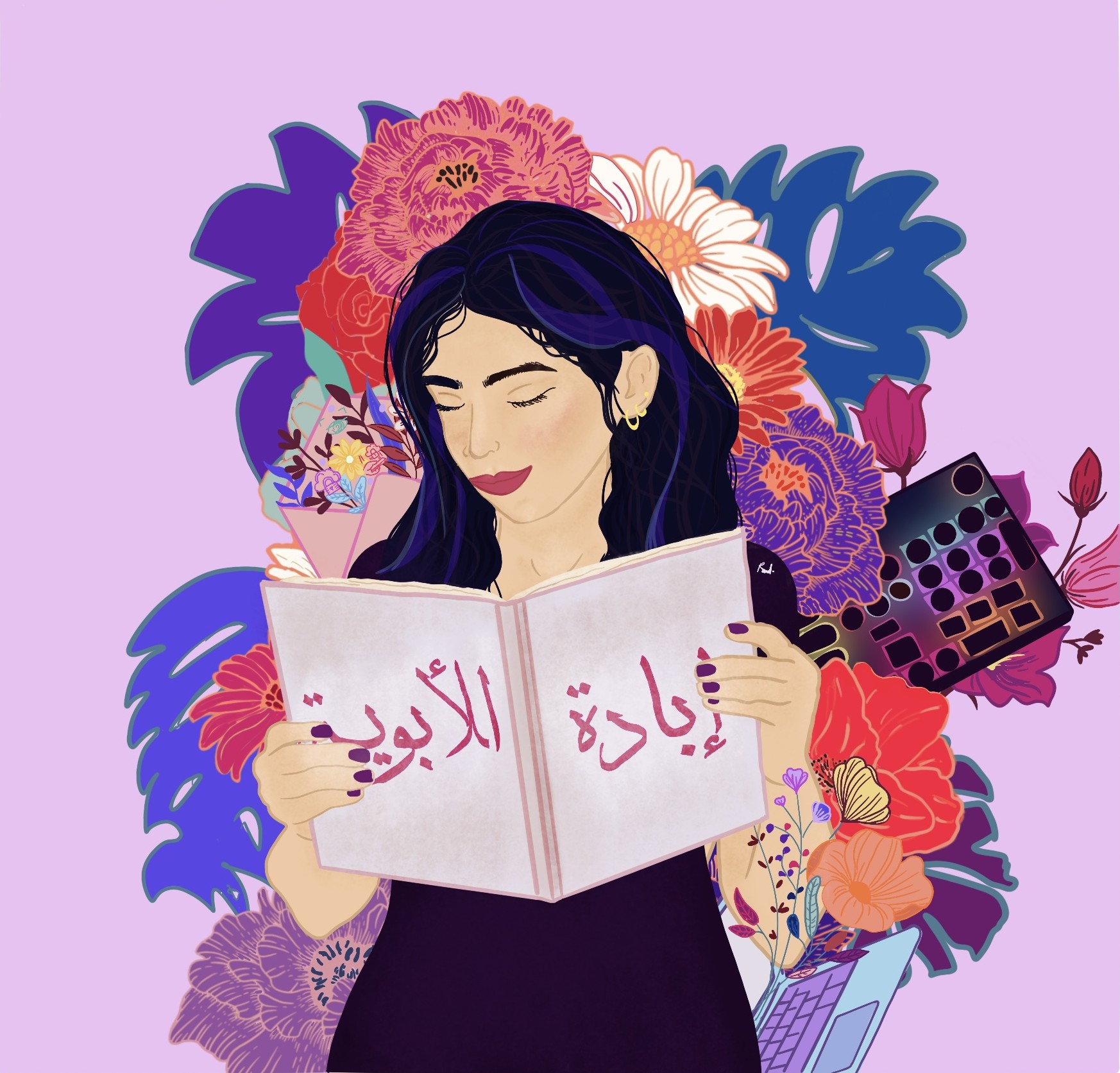
Mona Zeineddine
Approaching justice in Syria from a gender transformative perspective requires continuous in-depth engagement with the communities that are most affected, such as women. It also requires that agendas, programs, and implementation plans be centered on the needs, priorities, and demands of those working closest to the ground. We continue to see the diminishment of resources to Syria, as the international community de-prioritizes it. This affects women-led initiatives, feminist activists, and defenders who are working tirelessly to meet the needs of their communities and are in many instances the first responders. Donors, policymakers, and other stakeholders need to challenge their conception of “peace” and “justice,” and understand these as intricately linked, with a focus on transforming the very conditions that have led communities to suffer conflict and mass atrocities, and what made people suffer differently, depending on positionality in society and access.
According to locally-embedded Syrian women activists, a key issue for the upcoming year is addressing the needs and demands of human rights defenders remaining in Syria, especially women. Any protection measures or capacity strengthening programs require in-depth context-sensitivity, and need to be co-created and designed in collaboration with human rights defenders. Support has often been given in a short-term and ad hoc manner, but what is required is tailored longer-term, flexible funds and programs that are able to meet needs comprehensively rather than one-dimensionally.
Mona Zeineddine is a Nonresident Fellow at TIMEP focusing on gender transformative justice in Syria.
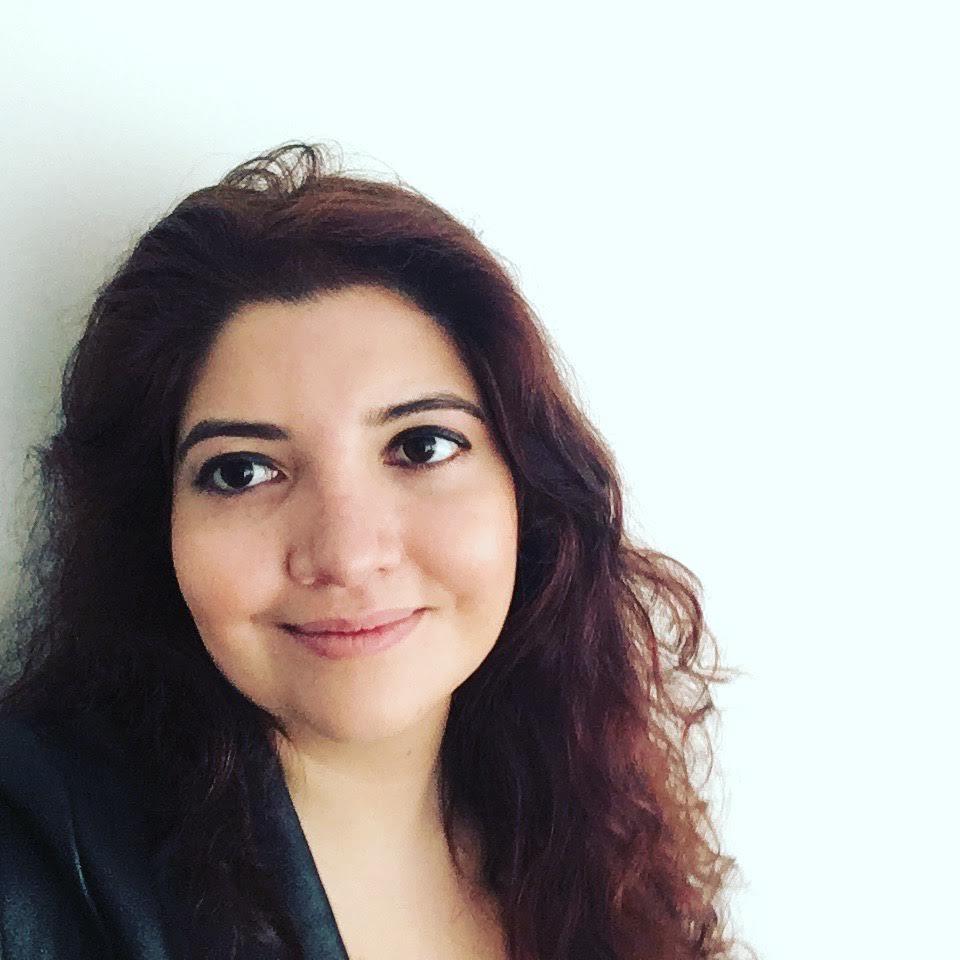
This February marks ten years since TIMEP was founded. You can join us for an in-person celebration of this special anniversary in Washington, DC or make a gift today to help us kick off a powerful new decade of work together.
